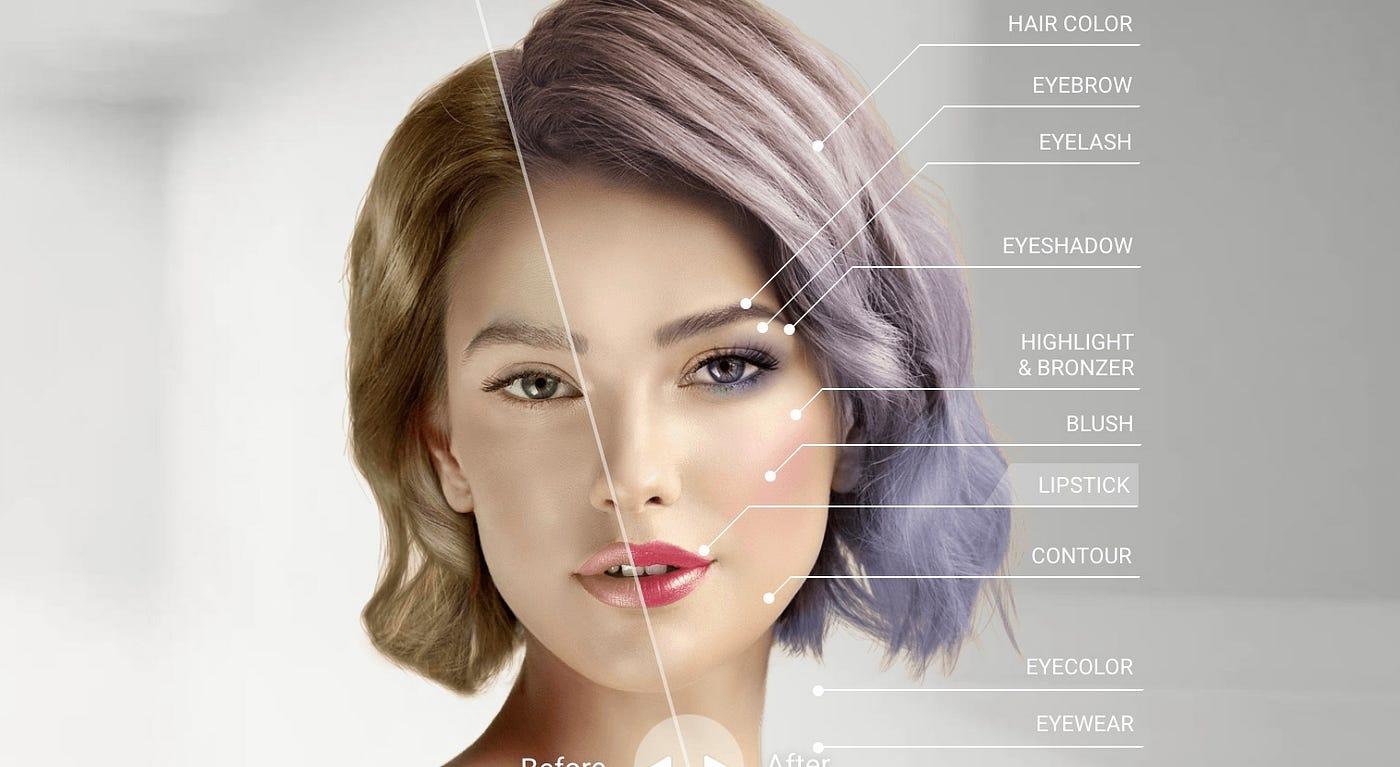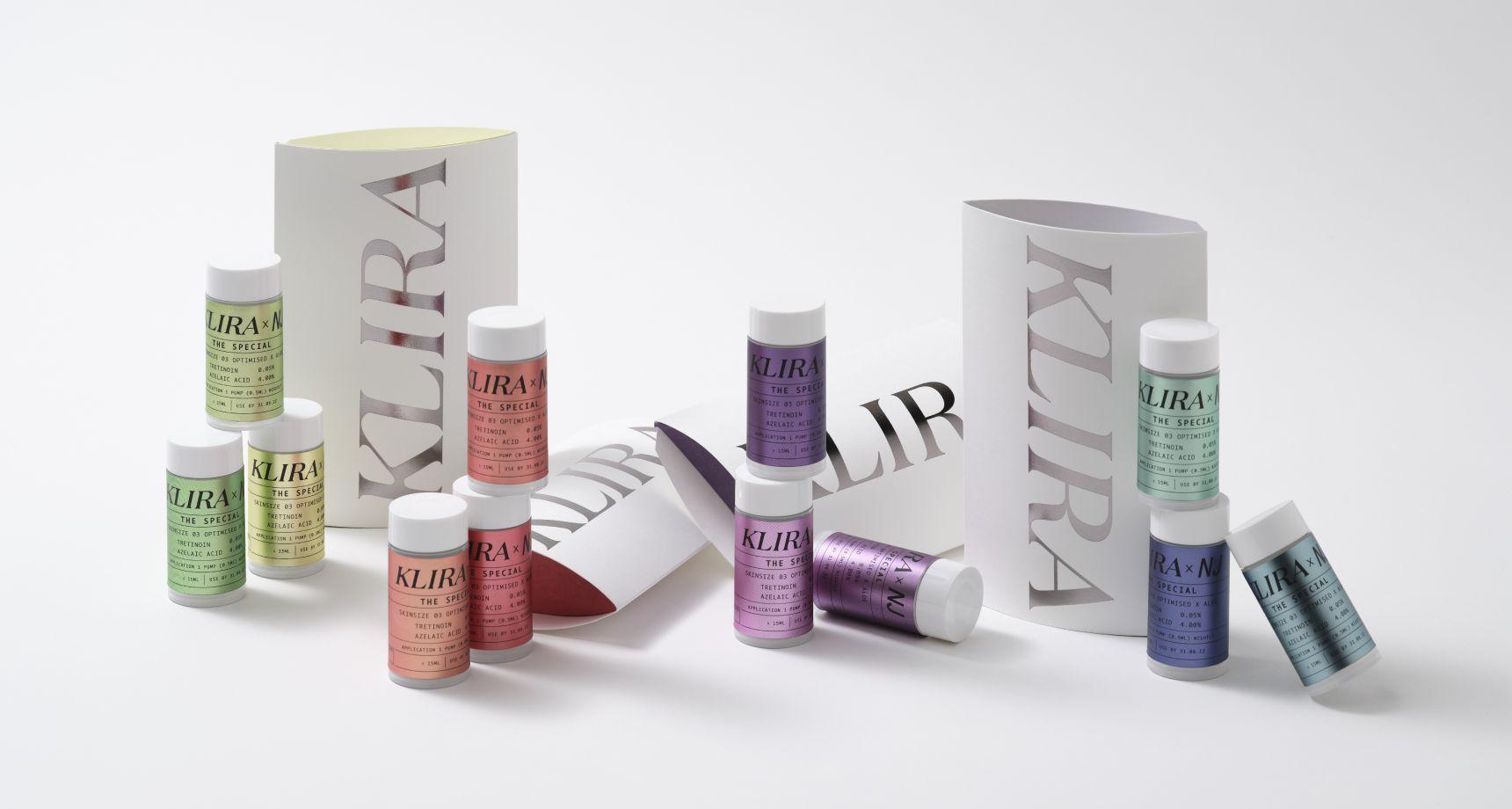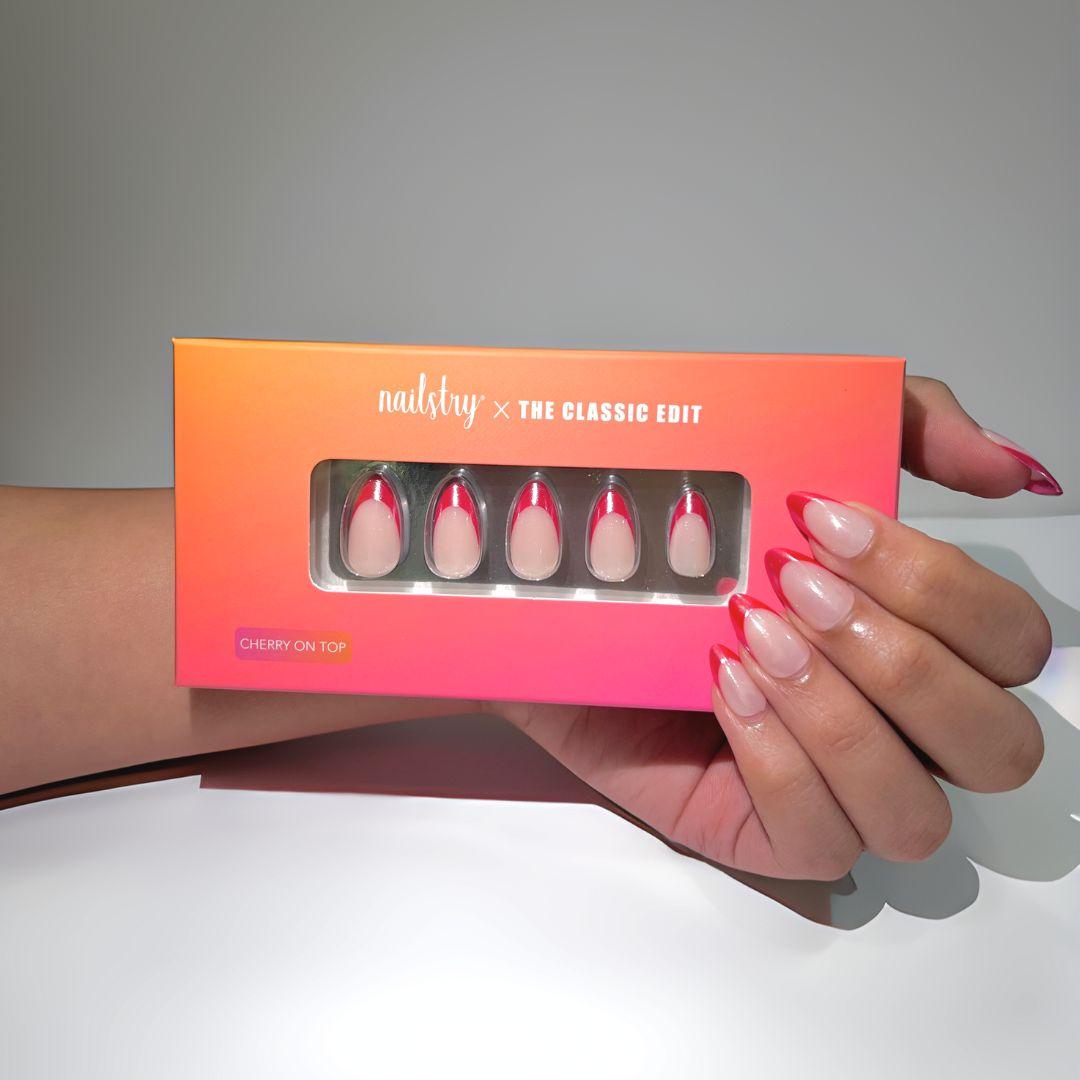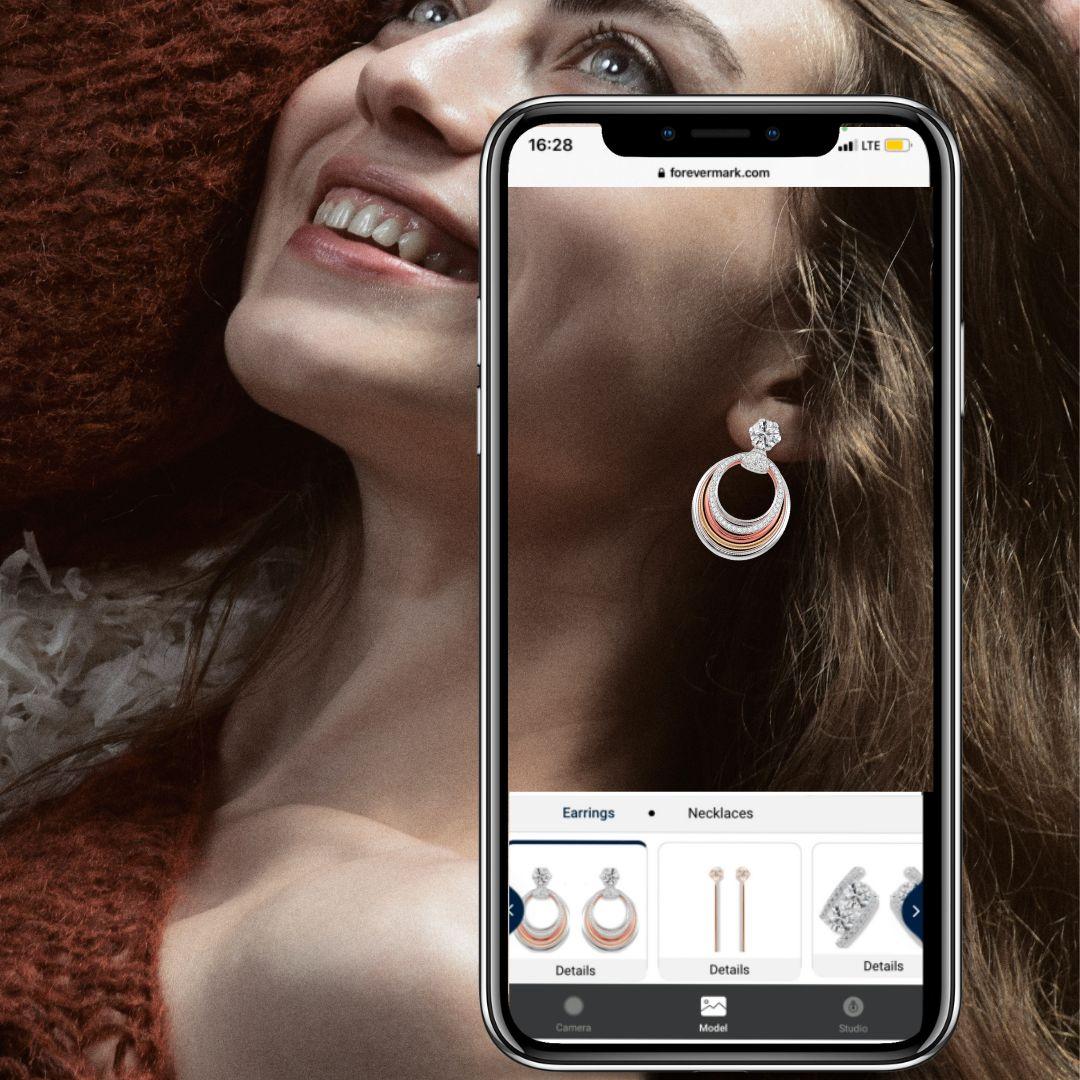
Fashion and Beauty Gadgets
Since the pandemic, the beauty industry has made a slow but strong recovery, with retail sales expected to reach $580 billion by 2027, according to McKinsey and Company.
By Catherine McGrathSept. 30 2024, Published 2:46 p.m. ET
Recently, a growing percentage of this revenue has been tied to a new sector called beauty tech, which integrates artificial intelligence, augmented and virtual realities and other technologies into cosmetics and beauty products. Companies like L’Oreal, Forerunner Ventures and Huda Beauty have made large investments in developing their beauty tech teams and products. Here are some of the most interesting ways technology is transforming fashion and beauty, tailoring products specifically for consumers.
Beautiful AI by Perfect Corp.

Perfect Corp. is an industry leader in beauty tech. The company collaborates with over 600 partners globally to embrace digital-first shopping experiences through new innovations like artificial intelligence and augmented reality. Recently, the company announced new additions to Beautiful AI, its suite of AI-powered technologies to “transform brands and make the user’s world more beautiful,” according to a press release. The rollout includes the development of PerfectGPT, which includes a rigorous framework of virtual assistants that revolutionize online shopping. Much like ChatGPT, PerfectGPT is a large language model. It is made up of BeautyGPT and SkincareGPT, which are trained to solve beauty customers’ shopping issues. They also offer virtual try-ons, recommendations, interactive tutorials and skin simulations. The announcement also included new features like HD skin analysis, AI makeup transfer and AI face swap. Read more about these innovations at Perfectcorp.com.
Klira

Sophie Kerbegian and Emma Craythorne founded Klira, a prescription skincare brand that provides personalized products for its customers. Dr. Emma Craythorne, a consultant dermatologist, explains on their website that she created effective and luxurious formulas for her patients at her private practice but wanted to bring this experience to as many people as possible. The Klira process begins with 51 questions that “decode the genetics and epigenetics of your skin.” Craythorne has categorized 12 different skin types and assigns them based on the quiz. After the quiz, consumers can learn more about their skin type, purchase a membership and send photos of their skin to be reviewed by a dermatologist on their team.
Nailstry

Getting your nails done at a salon often takes time, money and patience, which most people don’t have. For those who do, their paint, gel or acrylic set may chip within days and are a hassle to remove. Press-on nails are a growing trend that eliminates this problem but can look sloppy if the set doesn’t adhere to the size and shape of natural nails. Aurelia Edwards, founder and CEO of Nailstry, developed a patent-pending nail technology that utilizes AI to precisely scan and measure each nail. The Nailstry app offers a vast array of designs by a network of diverse sellers. From simple and short to luxurious and long, customers can message sellers and customize the perfect set of press-ons for any occasion. Once a design is chosen, a person can have their nails measured and on their way to checkout. When the nail set arrives, Nailstry promises that the flawless manicure can be applied in minutes and will last up to two weeks.
MirrAR

The founders at MirrAR took advantage of the digital shift that dominated the beauty industry in 2020. Without the ability to shop in person and try on products in a dressing room, customers were in dire need of a solution. The company utilizes AR technology to create interactive and immersive online shopping experiences. Working with jewelry, watches, eyewear, beauty and skincare, the company developed software that allows shoppers to try on products using a smartphone. Their AR software has been used by Anne Klein, Coach, Tommy Hilfiger, Kenneth Cole and other influential brands.

